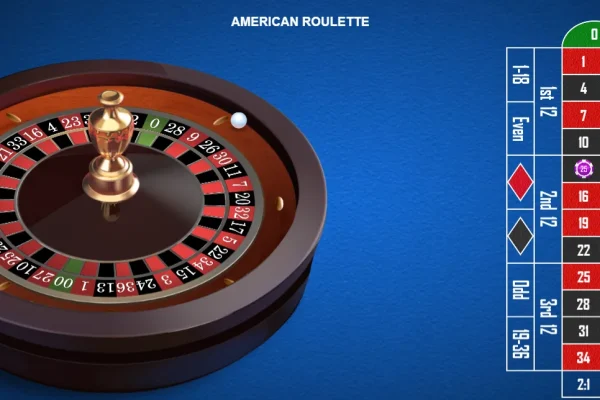Ever wonder why slot games are so addictive? It’s not just luck—there’s a whole science behind those spinning reels. Let’s break down how psychology keeps players hooked, from the near-miss effect to the clever use of rewards.
1. The Illusion of Control
Slot machines are pure chance, but game designers make players feel in control. Features like “stop buttons” or bonus rounds with choices trick the brain into thinking skill is involved. Honestly, it’s like pressing the elevator button repeatedly—you know it won’t make it arrive faster, but it feels like it does.
2. Near-Misses: The Ultimate Tease
Here’s the deal: a near-miss—when two jackpot symbols line up but the third barely slips away—triggers the same dopamine rush as a win. Our brains interpret it as “almost there,” pushing us to try again. In fact, studies show near-misses increase playtime by 30% compared to clear losses.
How Casinos Use Near-Misses
- Adjusting reel speeds to create “closer” near-misses
- Highlighting near-misses with celebratory sounds
- Offering “free respins” after near-misses
3. Variable Rewards and the Slot Machine Effect
Slot games borrow from B.F. Skinner’s operant conditioning experiments—random rewards are far more addictive than predictable ones. You know that thrill when a bonus round hits unexpectedly? That’s variable reinforcement in action. The brain stays engaged, chasing the next unpredictable win.
| Reward Type | Effect on Players |
| Fixed (e.g., every 10 spins) | Predictable, less exciting |
| Variable (random intervals) | Highly engaging, compulsive play |
4. Sensory Overload: Lights, Sounds, and “Wins”
Ever notice how slots bombard your senses? Flashing lights, celebratory jingles—even when you “win” 10 cents on a $5 bet. These cues create a false sense of achievement. Casinos even use losses disguised as wins (LDWs), where a payout is less than the bet, but the machine celebrates anyway. Sneaky, right?
Common Sensory Tricks
- Bright colors and animations for small wins
- Upbeat music during spins
- Haptic feedback (vibrations) on “big” wins
5. The Endowment Effect and Sunk Cost Fallacy
Players stick around because of two psychological quirks: the endowment effect (valuing what you “own,” like bonus points) and the sunk cost fallacy (“I’ve spent this much—I can’t quit now”). Game designers exploit this with progress bars, loyalty points, and “you’re so close!” messages.
So, what’s the takeaway? Slot mechanics aren’t just about luck—they’re a carefully crafted psychological experience. And while they’re designed to entertain, it’s worth remembering how easily our brains can be nudged into “just one more spin.”












